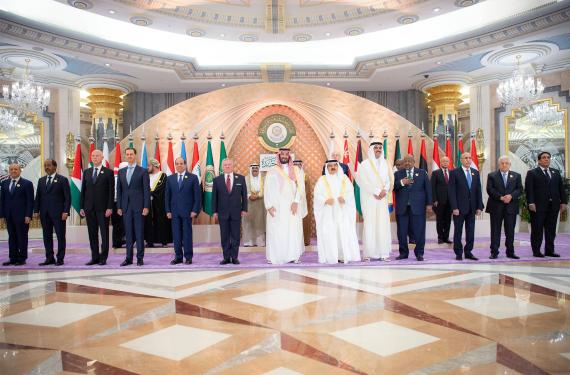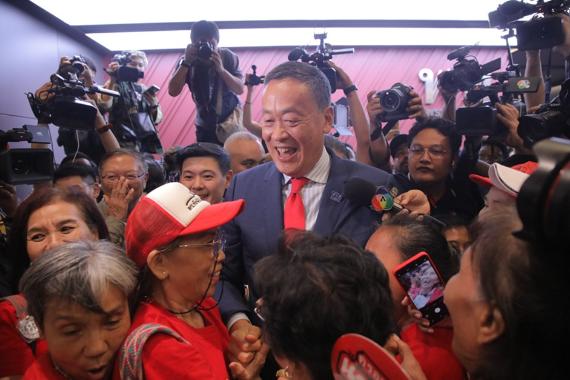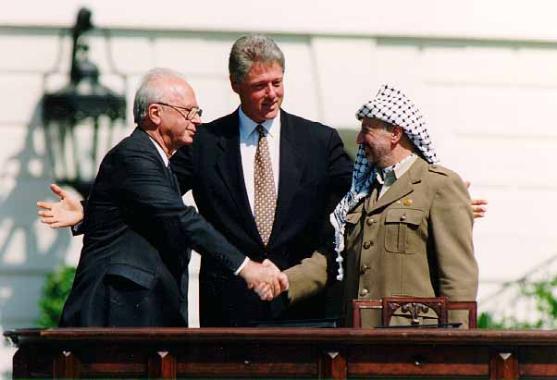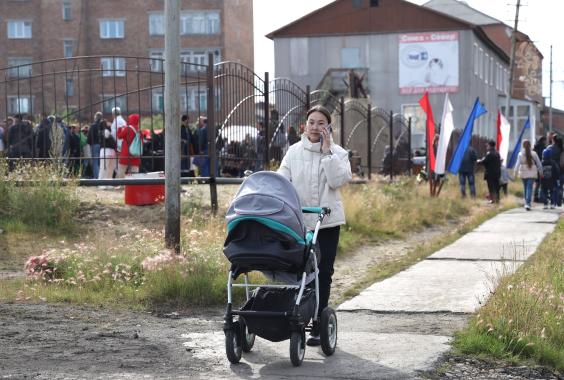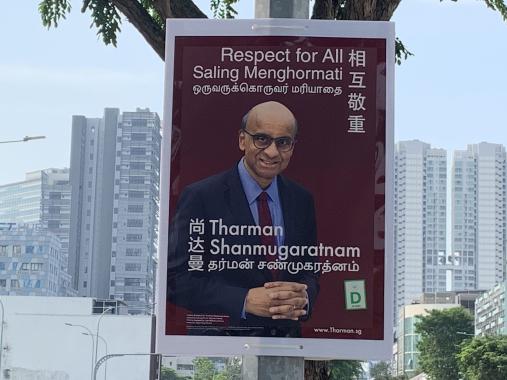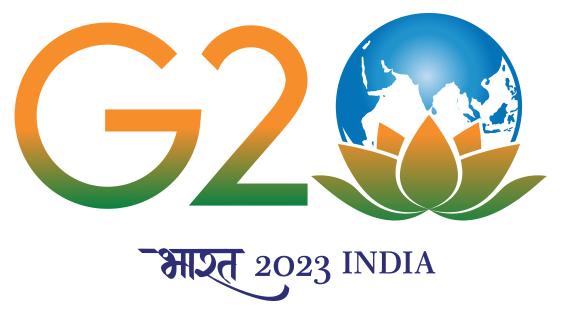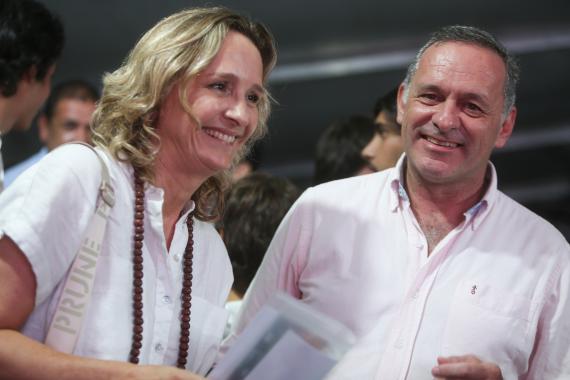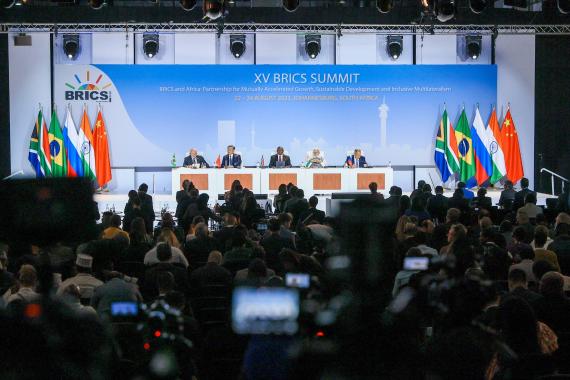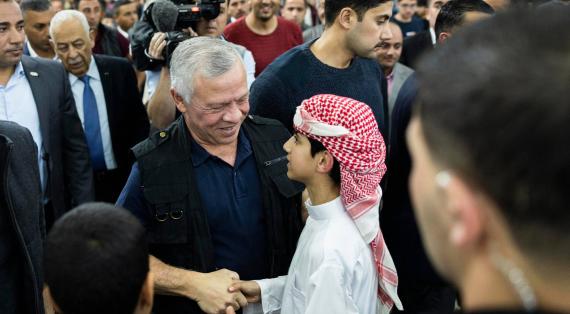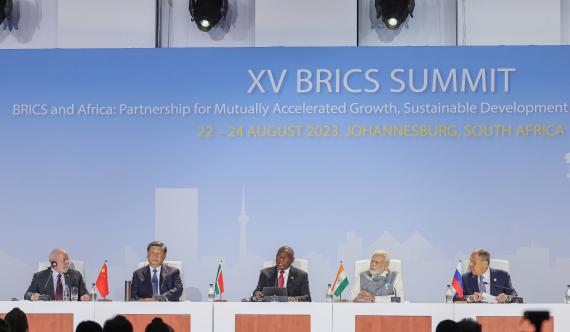BRICS invites Argentina in troubled times
BRICS Group welcomes admission of South American country
During the XV BRICS Summit held in South Africa, the group took a significant step by deciding to extend the alliance to include Argentina, Egypt, Ethiopia, Iran, Saudi Arabia and the United Arab Emirates on January 1, 2024. The Argentinian government formally applied for a membership in 2022, but the decision came as an unexpected development, especially considering the recent absence of consensus within the group regarding potential expansion. Consequently, Argentina refrained from sending any delegates to the Johannesburg summit. This strategic maneuver adds an unexpected dimension, as the discourse around BRICS membership coincides with the presidential election campaign, thereby underscoring the country's pronounced political polarization, even concerning foreign policy matters.



